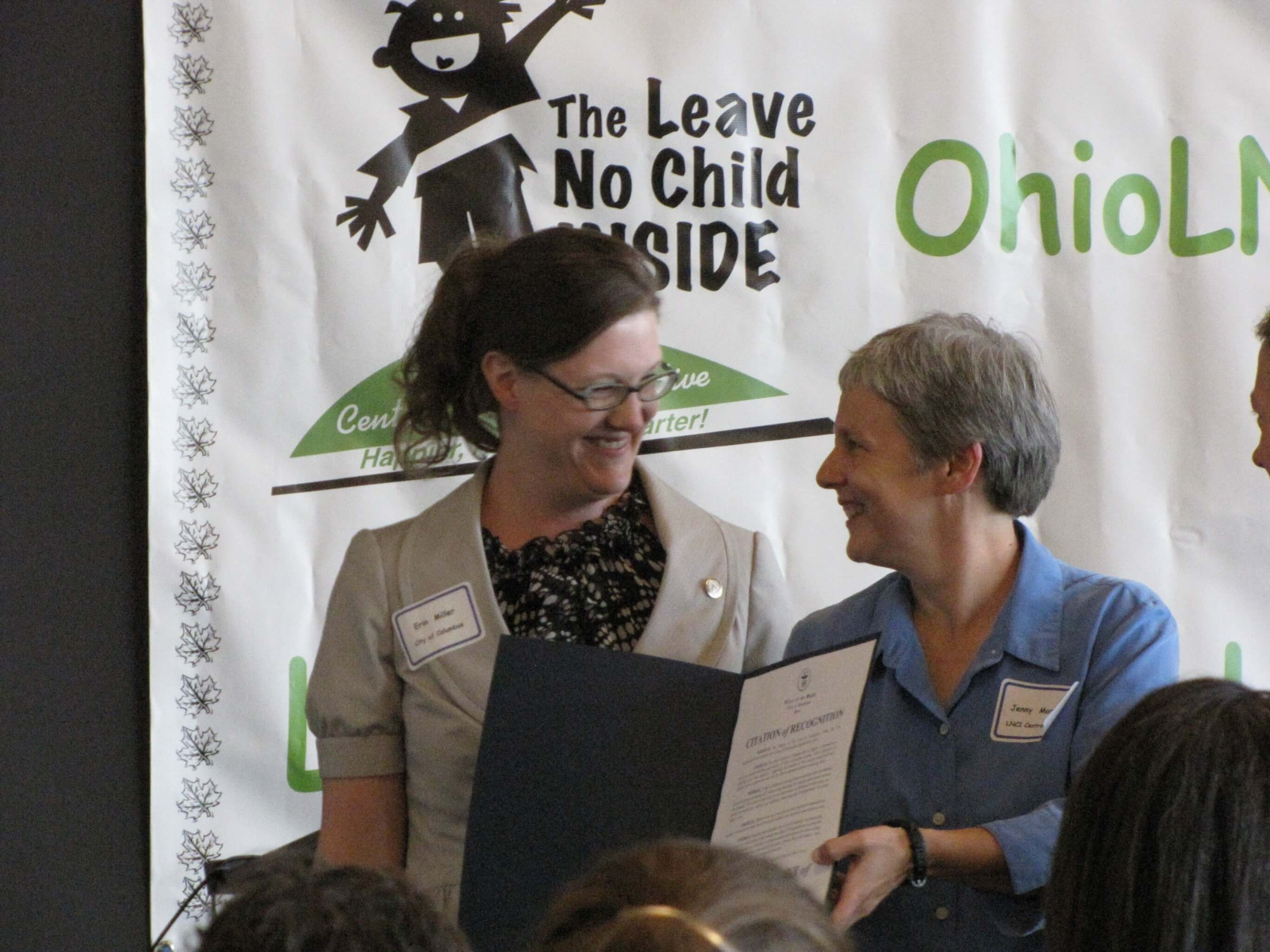Multi-City Spring Tour: Hear Louv Speak on The Nature Principle
April 29, 2011TEEN OPPORTUNITY – Ohio Forestry and Wildlife Conservation Camp
May 4, 2011Earth Day could be every day in our schools with enhanced environmental education
Earth Day is an opportunity each year to renew our commitment to meeting the environmental challenges of our time. In classrooms across the nation, children will take time out of their typical lessons to join in a special assembly, project or community event, and then most won’t have the chance to do it again until next year.
In the coming weeks, I will reintroduce the No Child Left Inside Act (NCLI) so that children have the opportunity to make the environment a priority year round. NCLI promotes environmental education by creating new federal grant opportunities for environmental education curriculum development and teacher training. States that participate in the grant program would develop a K-12 plan to ensure high school graduates are environmentally literate. The legislation is supported by a coalition of over 2,000 organizations in the educational, environmental and public health arenas.
Robust environmental education is a down payment to grow the next generation of scientists, promote environmental stewardship, and encourage Americans to live healthier lifestyles. Across the globe, protecting clean air and water, finding alternatives to the finite supply of fossil fuels, global warming, and many other challenges are increasingly acute: they are issues that confront today’s young people every day. Our country also has a growing public health crisis ‘“ our kids are spending less time outdoors learning and exploring and more time inside hooked up to video games or surfing the web. Increasing outdoor instructional time will lead to our children having a greater, more active appreciation for nature. Environmental education is not only about protecting the natural world, it has also been shown to improve the physical health of our young people and to have a measurably positive impact on student achievement in science, reading, math, and social studies.
Despite the wide range of benefits, many schools are being forced to scale back or eliminate environmental programs. State and local administrators and teachers point to two factors behind this recent and disturbing shift: the unintended consequences of the No Child Left Behind Act, such as narrowed curriculum, and a lack of funding for these critical programs. It is my hope that we can address these barriers by including NCLI in legislation reauthorizing the Elementary and Secondary Education.
To get involved, please visit the NCLI Coalition web site at www.nclicoalition.org or call my office in Washington, DC at 202-225-4016.
– John Sarbanes
[note from LNCI – we are members of the NCLI Coalition on behalf of all the members of the Leave No Child Inside Central Ohio Collaborative.]

